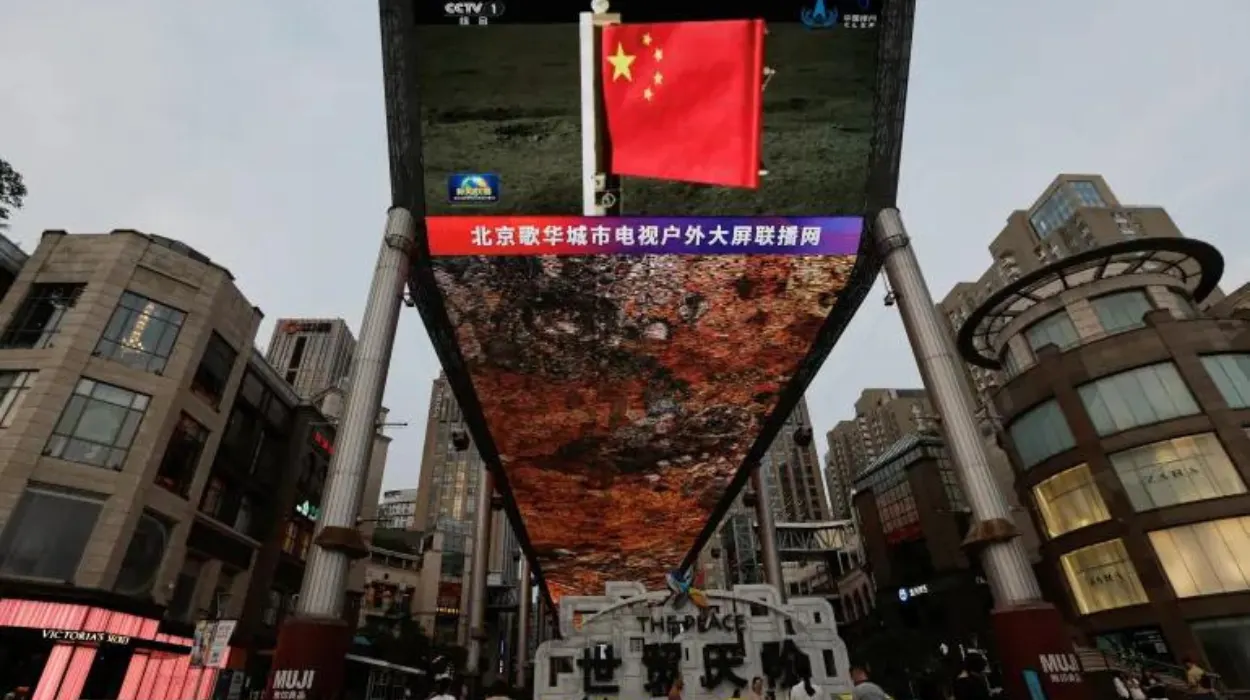China has issued a warning to NATO against “provoking confrontation” over its relationship with Russia, following NATO’s allegations that Beijing is a “decisive enabler” of Moscow’s war against Ukraine. The warning came as NATO leaders gathered in Washington, D.C., where they pledged to strengthen support for Ukraine and Europe’s defenses against Russia while also addressing the growing focus on China.
A spokesperson for China’s mission to the European Union criticized NATO for “hyping up the so-called China threat,” urging the alliance to contribute to global peace rather than fostering rivalry. While China has deepened its strategic partnership with Russia, it has maintained a neutral stance on the Ukraine conflict, denying any lethal support to either side.
NATO’s final communique expressed “profound concern” about China’s partnership with Russia, stating that it has become a critical enabler of Russia’s war efforts through its support for the Russian defense industrial base. NATO leaders urged China to halt all material and political backing for Russia, emphasizing that doing so could damage Beijing’s international reputation and interests.
NATO Secretary-General Jens Stoltenberg reiterated the alliance’s position, stating that China supplies Russia with essential military components, including equipment and microelectronics that aid in weapon production. He noted that this was the first time NATO allies had explicitly articulated this concern in a unified document.
In response, Beijing dismissed NATO’s criticism, asserting that it is not responsible for the Ukraine crisis and denouncing the NATO summit’s rhetoric as “Cold War mentality.” The Chinese spokesperson reiterated China’s commitment to promoting peace talks, referencing a 12-point peace plan proposed over a year ago.
The NATO declaration also highlighted the systemic challenges posed by China to Euro-Atlantic security, including disinformation campaigns and the expansion of its nuclear capabilities. Experts noted that NATO does not view China as a direct threat but rather as a challenge that requires a strategic response.
The summit also included leaders from NATO’s Asia-Pacific partners, such as Australia, New Zealand, Japan, and South Korea, indicating a collaborative effort to address shared security concerns related to China’s assertiveness. NATO members announced plans for four joint projects aimed at supporting Ukraine, enhancing cyber defense, countering disinformation, and developing artificial intelligence capabilities, strengthening the alliance’s collective security interests.

